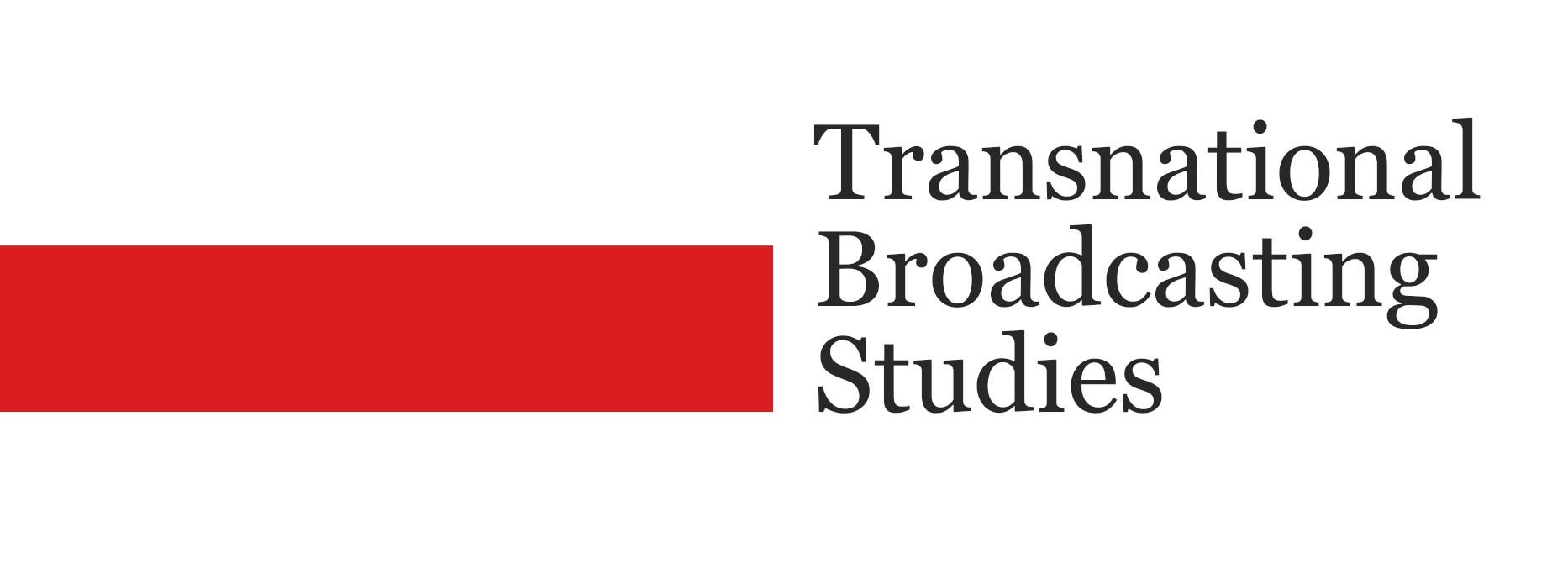The Middle East has no fewer than four competing digital television platforms fighting for viewer loyalty: ART/1st NET, Orbit, Star Select, and Gulf DTH/Showtime.
Four years ago there was no subscription TV. The few direct-to-home (DTH) satellite channels were all free-to-air and offered little threat to the monopoly state-run national TV channels. Over the past four years, four different digital satellite pay-TV platforms have emerged, but at the same time analogue (conventional) free-to-air satellite channels have also mushroomed. A walk through almost any Middle Eastern city will show how enthusiastically viewers have adopted the new broadcast technology.
The first two Arab pay-TV platforms have Rome as their operational bases--Orbit and Arab Radio and Television (ART). Both have substantial new facilities, including studios and playout centers. Both ventures are backed by substantial capital investment. Orbit is undoubtedly the market leader of all the competing platforms, thanks to the seemingly bottomless pockets of the Saudi Arabian al-Mawared group. In June 1998 Orbit confirmed it had taken studio space at Egypt's giant Media Production City, pointing to dramatically increased local production.
ART is funded by two very wealthy Saudis—Sheikh Saleh Kamel of the Dallah al-Baraka conglomerate, and Prince al-Waleed bin Talal, an investor in News Corporation and Netscape, among others. ART, in barely four years, has gone from a single free-to-air analogue DTH channel to a 20-plus pay-channel platform (although not all are ART-supplied) with plans for expansion to 18 or more of its own channels in an attempt to wrest the leading Arabic digital broadcasting position from Orbit's twenty-TV-channel package.
Currently Orbit is the clear market leader in Middle Eastern digital television broadcasting. It transmits 13 Orbit TV channels and some 25 audio channels uplinked from Rome. Orbit's DTH platform launched in May 1994, making it the world's first digital broadcast platform. Orbit claims around 180,000 "viewing points," as of June 1998, though independent estimates put the subscriber base figure nearer 80,000.
The third platform is News Corporation's Star Select package, which in 1996 placed itself firmly in alliance with the Orbit platform. Star Select and Orbit share the same decoder in much the same way as DirecTV and USSB do in the United States, but remain separate packages. Star Select transmits 12 channels targeting Western and Asian expatriates, principally in the Gulf states.
The fourth pay platform comes from Gulf DTH, which trades as Showtime, backed with English-language programming by Viacom Inc. and co-financed by Kuwait Investment Projects Co. (KIPCO), a Kuwaiti conglomerate. Showtime, originally broadcasting from PAS-4, has recently added Nilesat to its capacity, and it has developed (in conjunction with Samsung/Galaxis) a decoder box capable of receiving digital signals from more than one satellite.
ART/1st NET and Showtime were originally established with the intention of satisfying both linguistic factions, Arabic speakers and international/English-speaking viewers. It would be fair to say that not all initially went well for 1st Net and Showtime, but 1998 has seen these squabbles repaired and good relations restored. If this cooperation continues there can only be added benefits for viewers and platform owners alike.
However, these four different digital satellite pay-TV platforms have led to a highly competitive broadcasting environment. Large sums are being invested in programming and studio equipment; there are some high disposable incomes to be targeted and a mass market to be captured. These factors, combined with a complete lack of high-quality Arabic-language entertainment programming, suggest that the prospects for digital TV are positive.
Stricter regulatory content constraints from some countries may mean that local distribution is more likely to flourish in an MMDS environment than a satellite one, although primary distribution to MMDS headends will be from satellite. This is certainly the situation in Qatar and may prove to be the case in Saudi Arabia. In the long term, there is unlikely to be room for so many rival digital pay-TV platforms, and consolidation is inevitable. However, in the meantime, competition will keep prices keen—so initial enthusiasm is obvious.
The one negative in this story is also a positive! Satellite broadcasting has led to the emergence of excellent pan-regional free-to-air broadcasters, in particular appealing to the very mass market originally targeted by the satellite platforms. MBC (the Middle East Broadcasting Centre), LBC (Lebanese Broadcasting Corporation) and Future have all developed into "super-stations" that Ted Turner would be proud of. There will be others. This highly competitive environment can only be good for broadcasting, program makers, and ultimately the viewer. It will lead to fresh programs being made, greater openness in the sort of discussion programs that are aired, and greater creativity from directors and producers.
The reason is that viewers (of free-to-air channels) will not watch rubbish. Advertisers will not sponsor old material; they will constantly be looking for modern, appealing entertainment. Nor will subscribers pay for encrypted channels that show tired old movies or 1950s musical shows, unless they have some historical or cultural relevance.
Instead I suggest that from this explosion of choice, from the new studios, from the universities and media schools, will come a fresh enthusiasm for broadcasting. New broadcasting ideas from the West and the East will be incorporated into the Arab way of life, with adjustment made for Islam's natural conservatism.
Which is not to say everything will grow and prosper in this garden. Like in any business environment there will be failures, and Arab public broadcasters need to improve their product to match the imaginative efforts coming from the new satellite channels. If they do not match the satellite product, they will die.
 Arab Media & Society The Arab Media Hub
Arab Media & Society The Arab Media Hub





